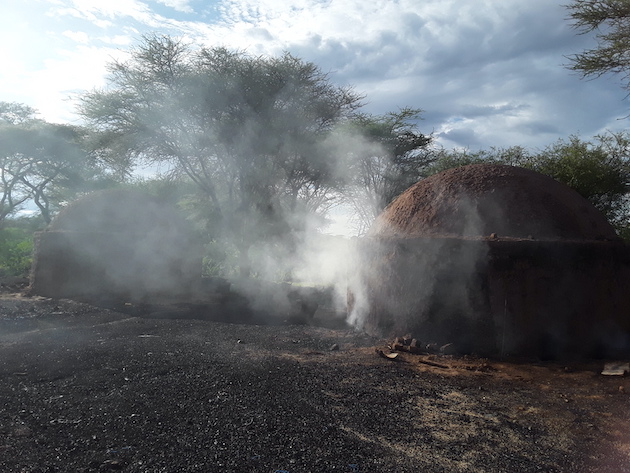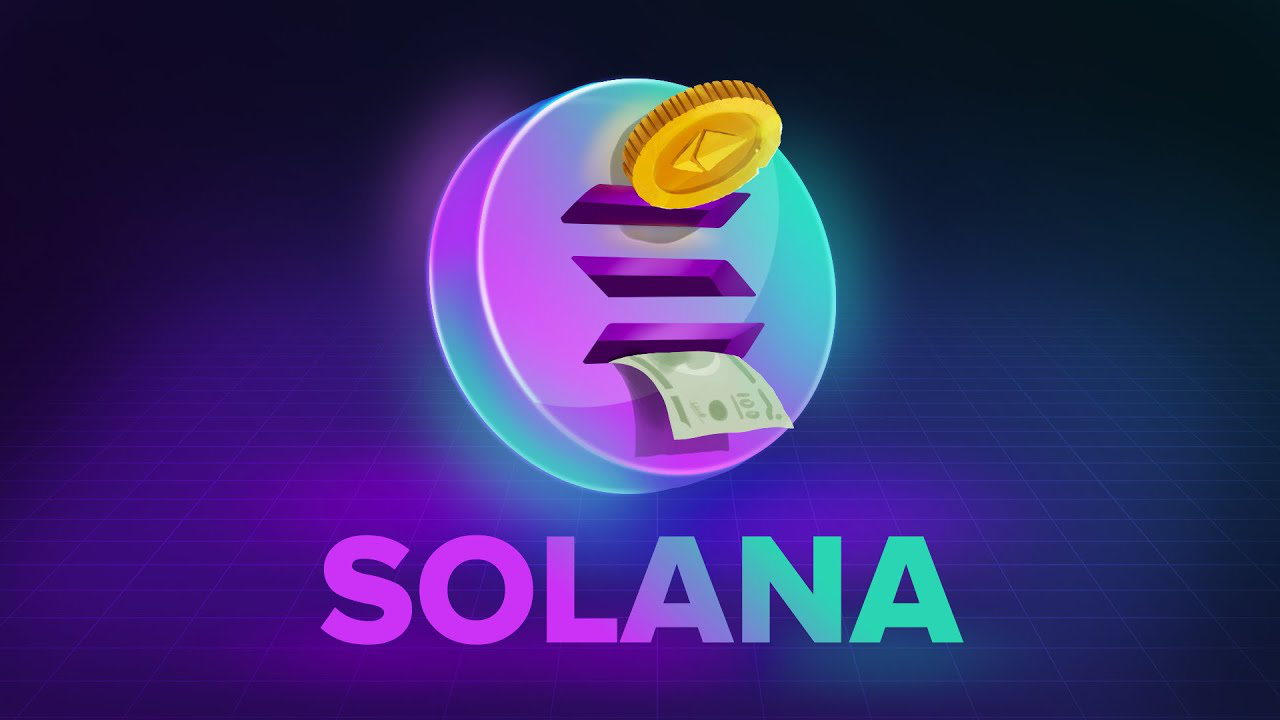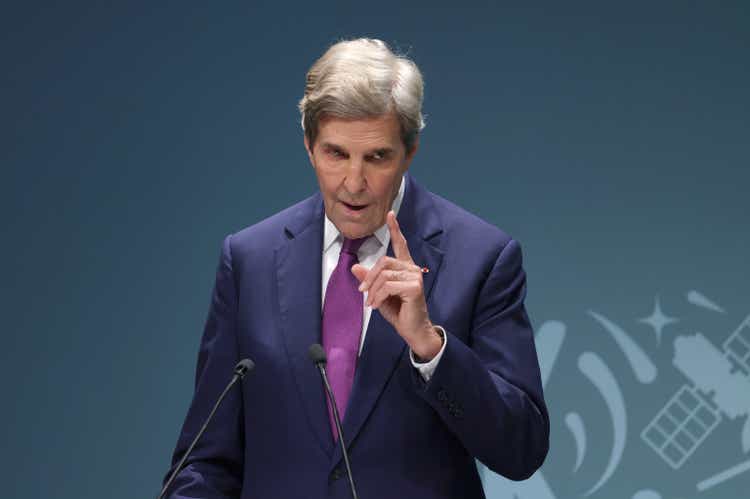Share this article
Litecoin, a popular cryptocurrency, has executed its block reward halving, a scheduled event that occurs roughly every four years, reducing the reward for miners from 12.5 LTC to 6.25 LTC. The last halving event was in August 2019.
Every four years, or after every 840,000 blocks mined, Litecoin’s code calls for the miner’s reward to be cut in half, adding to the diffculty thus, in theory, making LTC more valuable. This process is set to continue until around the year 2142, effectively capping the total supply of Litecoin at 84,000,000 LTC.
Litecoin’s self-imposed limit on supply aims to emulate the scarcity of commodities like gold, an approach contrasting with traditional fiar currencies where governments can freely print money, potentially causing inflation.
LITECOIN HAS SUCCESSFULLY HALVED ITS BLOCK REWARD!
⚡ $LTC ⚡ pic.twitter.com/iemCnkPsdu
— Litecoin (@litecoin) August 2, 2023
In the run-up to previous halving events, Litecoin’s price has exhibited noticeable movement, reaching peaks before the event and settling afterward. At 3 pm ET on Tuesday, Litecoin’s price was reported at $93.10, with a recent high of $113 on July 3, according to CoinGecko.
At the time of writing, LTC is priced at $89.40
The halving procedure inevitably impacts miners, whose profitability is directly tied to the block reward. Alongside Litecoin, the process may also affect other cryptocurrencies, particularly due to Litecoin’s unique dual-mining relationship with Dogecoin.
Binance Research studied the merge-mining partnership between Litecoin and Dogecoin, stating that “Since Dogecoin’s switch to AuxPoW in 2014, Dogecoin’s hashrate has exhibited an extremely strong and positive correlation (0.95) with Litecoin’s hashrate:”
“Given that block mining rewards are halved every four years for both Litecoin and Bitcoin, merge-mining could potentially become a solution to maintain network security in the long-run as newer cryptoassets, with higher block rewards, could be merge-mined within the same pools.”















